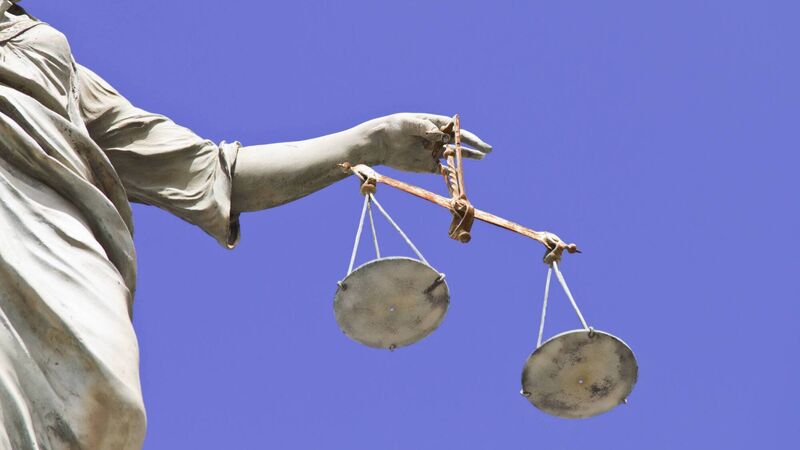Letters to the Editor: We need clarity on what IHREC's equality mandate really is

'[W]hile human rights remained clearly defined in terms of Ireland’s Constitution and international human rights law, there was no equivalent definition of equality in terms of Irish or EU law. In fact there was now no definition of equality at all.' Picture: iStock
Just before the summer break, the Oireachtas committee on children and equality heard from the Irish Human Rights and Equality Commission (IHREC) about two new EU directives on national equality bodies. In transposing these new directives into Irish law, the Government needs to address a fundamental weakness in the implementation of EU equality law in Ireland.
Following the adoption of the EU Race Equality Directive in 2000, the Equality Authority was designated as Ireland’s national equality body precisely because it had specific statutory responsibilities to work towards the elimination of discrimination and the promotion of equal opportunities under our Employment Equality and Equal Status Acts.








